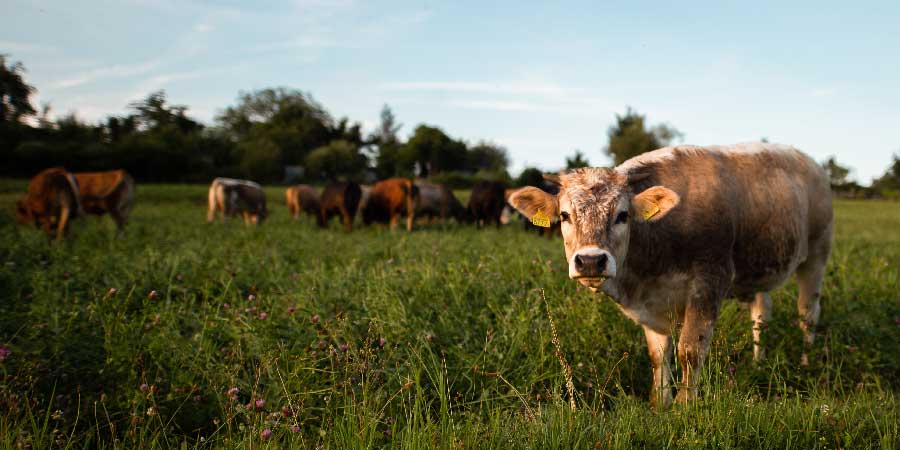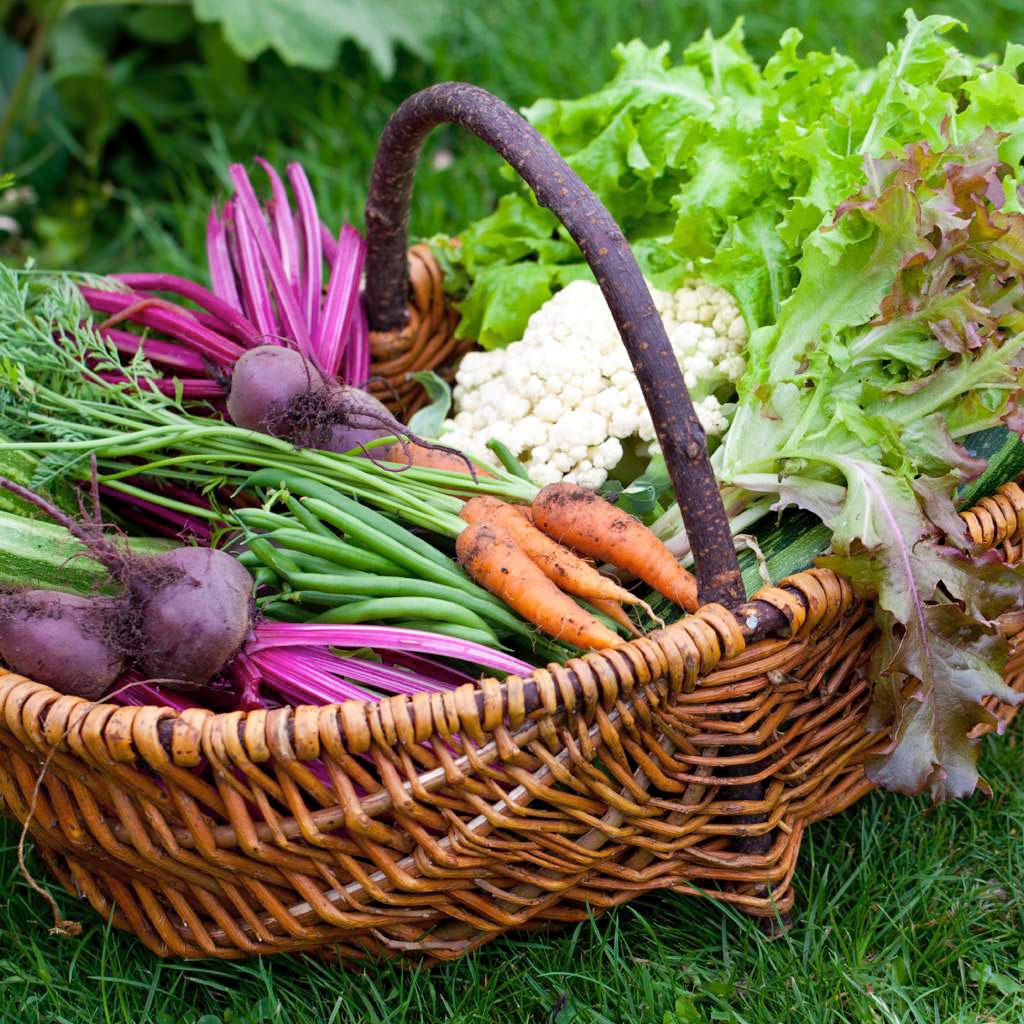
Its nature friendly methods allow wildlife to return to our countryside and improve the welfare of farm animals. Healthier soils mean healthier foods for us to eat and a landscape more resilient to floods and drought. Our aim is to explain how important this is, how it works and what we can all do to help
Regenerative / sustainable / conservation / ecological / carbon farming
are all terms used for agriculture that works with nature rather than against it.
Now however we desperately need regeneration,
as sustaining what we’ve got isn’t enough.

BY BUYING FOOD FROM REGENERATIVE FARMERS,
YOU ARE HELPING REBUILD OUR WORLD AND YOUR HEALTH.

Regenerative farming is this…






…and not this.






ABOUT REGENERATIVE FOOD AND FARMING

About us: RFF is a Community Interest Company. Our mission is to enhance the health and wellbeing of people and the planet by encouraging the eating of foods which are local, nutritious and farmed in a way which restores the balance between people and nature.
Contact: info@regenerativefoodandfarming.co.uk
regenerative organic agriculture UK
What are the four principles of regenerative agriculture?
The principles of regenerative agriculture include; minimise artificial fertilisers and chemical use, minimise soil disturbance, increase crop diversity and keep living roots within the ground as much as possible. Add microbes to the soil with composts and /or animal wee, dung and saliva when necessary.
What's the secret?!
Regenerative farming and indeed soil carbon capture is all about increasing the numbers and diversity of life in the soil. It's ALL about the microbes! We need to add more and then feed and generally look after them better. In return, they will look after us!
Is regenerative agriculture profitable?
A recent study stated that farms with regenerative agricultural practices are more profitable than 78% than those practicing only conventional agriculture. Regenerative farmers can give some price of yield to make more profit which regenerative agriculture makes possible by producing high margin crops.






